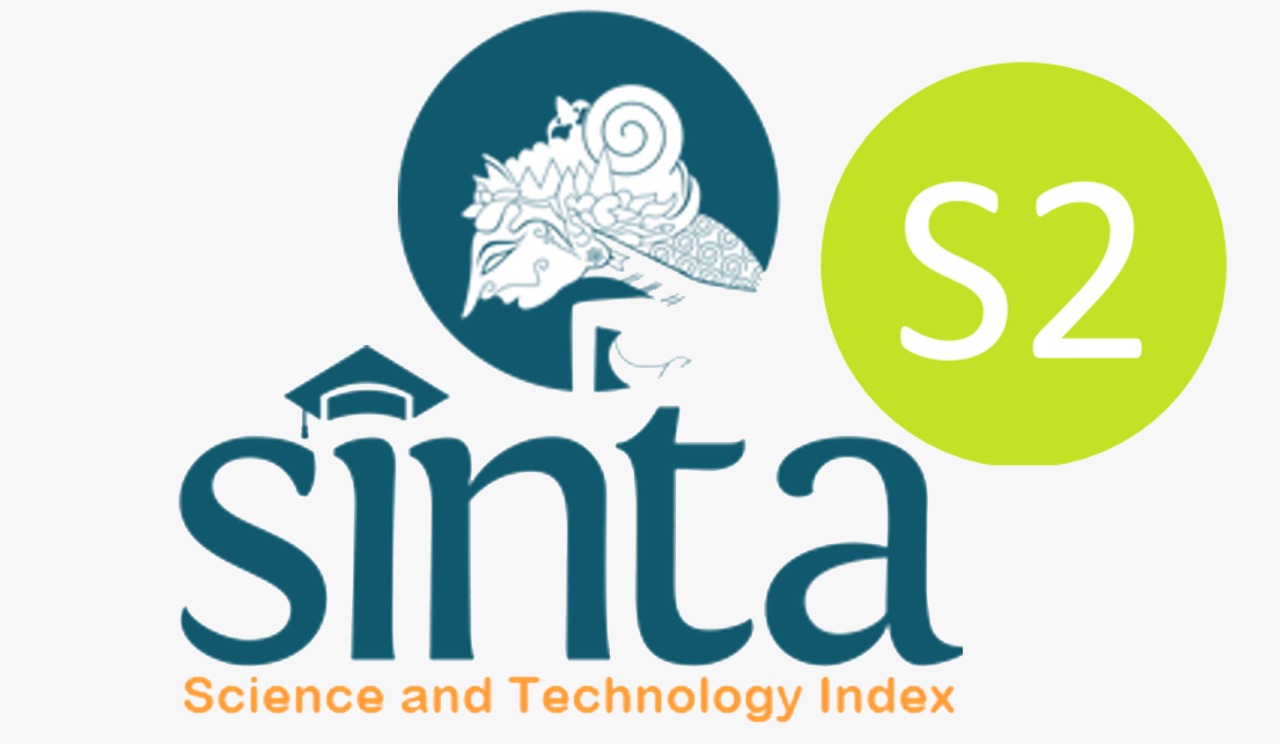WORK ENGAGEMENT EFFECTS ON JOB SATISFACTION AND TURNOVER INTENTION WITH GENERATION AS MODERATING VARIABLE
Downloads
Introduction: The focus of this study is to see how work engagement affects employees' job satisfaction and turnover intention within Generation X and Millennials.
Methods: This study uses quantitative methods and data were collected by giving questionnaires to employees from different generations.
Results: The results of this study are expected to give insight and solutions for the organization on how to understand work engagement for increasing job satisfaction and decreasing turnover intention among their employees.
Conclusion and suggestion: Generation also does not provide a moderating effect on the relationship between work engagement and turnover intention. The existence of a non-significant relationship can be caused by a characteristic similarity between Generation X and Millennials.
Alarcon, G. M., & Edwards, J. M. (2011). The relationship of engagement, job satisfaction and turnover intentions. Stress and Health.
Bakker, A. B., & Leiter, M. P. (2010). Work engagement: A handbook of essential theory and research. Work Engagement: A Handbook of Essential Theory and Research.
Bakker, A., Demerouti, E., & Schaufeli, W. (2003). Dual processes at work in a call centre: An application of the job demands – resources model. European Journal of Work and Organizational Psychology, 12(4), 393–417.
Bersin, J. (2014, April 2014). Forbes. Retrieved from https://www.forbes.com/sites/joshbersin/2014/04/10/its-time-to-rethink-the-employee-engagement-issue/#28b796b6cf36
Beutell, N. J., & Wittig"Berman, U. (2008). Work"family conflict and work"family synergy for generation X, baby boomers, and matures. Journal of Managerial Psychology, 23(5), 507–523.
Bothma, C. F. C., & Roodt, G. (2013). The validation of the turnover intention scale. SA Journal of Human Resource Management.
Cennamo, L., & Gardner, D. (2008). Generational differences in work values , outcomes and person - organisation values fit. Journal of Managerial Psychology, 23(8), 891–906.
Gursoy, D., Maier, T. A., & Chi, C. G. (2008). Generational differences: An examination of work values and generational gaps in the hospitality workforce. International Journal of Hospitality Management, 27(3), 448–458.
Hakanen, J. J., Bakker, A. B., & Demerouti, E. (2005). How dentists cope with their job demands and stay engaged: The moderating role of job resources. European Journal of Oral Sciences, 113(6), 479–487.
Harter, J. K., Schmidt, F. L., & Hayes, T. L. (2002). Business-unit-level relationship between employee satisfaction, employee engagement, and business outcomes: A meta-analysis. Journal of Applied Psychology, 87(2), 268–279.
Hill, R. P. (2002). Managing across generations in the 21st century: Important lessons from the ivory trenches. Journal of Management Inquiry.
Jurkiewicz, C. L. (2000). Generation X and the public employee. Public Personnel Management, 29(1), 55–74.
Kahn, W. A. (1990). Psychological Conditions of Personal Engagement and Disengagement at Work. Academy of Management Journal, 33(4), 692–724.
Kowske, B. J., Rasch, R., & Wiley, J. (2010). Millennials' (lack of) attitude problem: An empirical examination of generational effects on work attitudes. Journal of Business and Psychology, 25(2), 265–279.
Kupperschmidt, B. R. (2000). Multigeneration employees: strategies for effective management. The Health Care Manager, 19(1), 65–76.
Lu, A. C. C., & Gursoy, D. (2016). Impact of Job Burnout on Satisfaction and Turnover Intention: Do Generational Differences Matter? Journal of Hospitality and Tourism Research.
Lu, L., Lu, A. C. C., Gursoy, D., & Neale, N. R. (2016). Work engagement, job satisfaction, and turnover intentions: A comparison between supervisors and line-level employees. International Journal of Contemporary Hospitality Management.
Macey, W. H., Schneider, B., Barbera, K. M., & Young, S. A. (2009). Employee Engagement: Tools for Analysis, Practice, and Competitive Advantage. WileyBlackwell.
Manuwu, J. P. (2018, February 23). techinasia. Retrieved from https://id.techinasia.com/milenial-dan-dunia-kerja
Myers, K. K., & Sadaghiani, K. (2010). Millennials in the workplace: A communication perspective on millennials' organizational relationships and performance. Journal of Business and Psychology, 25(2), 225–238.
Ng, E. S. W., Schweitzer, L., & Lyons, S. T. (2010). New generation, great expectations: A field study of the millennial generation. Journal of Business and Psychology, 25, 281–292.
Park, J., & Gursoy, D. (2012a). Generation effects on work engagement among U.S. hotel employees. International Journal of Hospitality Management, 31(4), 1195–1202.
Park, J., & Gursoy, D. (2012b). Generation effects on work engagement among U.S. hotel employees. International Journal of Hospitality Management, 31(4), 1195–1202.
Parry, E., & Urwin, P. (2011). Generational Differences in Work Values: A Review of Theory and Evidence. International Journal of Management Reviews.
Radosevich, D., Radosevich, D., Riddle, M., & Hughes, P. (2008). Goal orientation as a predictor of cognitive engagement, performance, and satisfaction. Journal of the Academy of Business & Economics, 46-55.
Rayton, B. A., & Yalabik, Z. Y. (2014). Work engagement, psychological contract breach and job satisfaction. The International Journal of Human Resource Management.
Robbins, S. P., & Judge, T. A. (2017). Organizational Behavior 17 edition. London: Pearson.
Rothmann, S. (2008). Job satisfaction, occupational stress, burnout and work engagement as components of work-related wellbeing. SA Journal of Industrial Psychology.
Ryder, N. (1965). The Cohort as a Concept in the Study of Social Change. American Sociological Review, 30(6), 843–861.
Triwijanarko, R. (2017, October 27). Marketeers. Retrieved from http://marketeers.com/karyawan-milenial-yang-loyal/
Schaufeli, W. B., & Bakker, A. B. (2004). Job demands, job resources, and their relationship with burnout and engagement: A multi-sample study. Journal of Organizational Behavior, 25(3), 293–315.
Schaufeli, W. B., Salanova, M., Gon Alez-ro, V. A., & Bakker, A. B. (2002). the Measurement of Engagement and Burnout: a Two Sample Confirmatory Factor Analytic Approach. Journal of Happiness Studies, 3, 71–92.
Smola, K. W., & Sutton, C. D. (2002). Generational differences: Revisiting generational work values for the new millennium. Journal of Organizational Behavior, 23(SPEC. ISS.), 363–382.
Sousa-Poza, A., & Henneberger, F. (2004). Analyzing Job Mobility with Job Turnover Intentions: An International Comparative Study. Journal of Economic Issues.
Takawira, N., Coetzee, M., & Schreuder, D. (2014). Job embeddedness, work engagement and turnover intention of staff in a higher education institution: An exploratory study. SA Journal of Human Resource Management.
Twenge, J. M. (2010). A review of the empirical evidence on generational differences in work attitudes. Journal of Business and Psychology.
Ulrich, D. (1997). Human Resource Champions: The Next Agenda for Adding Value and Delivering Results. Harvard Business Press.
Yeh, C. M. (2013). Tourism involvement, work engagement and job satisfaction among frontline hotel employees. Annals of Tourism Research.
Copyright (c) 2022 Kintan Utari, Mohammad Mustaqim

This work is licensed under a Creative Commons Attribution-ShareAlike 4.0 International License.
Authors who publish with Jurnal Ekonomi dan Bisnis Airlangga agree to the following terms:The journal allows the author to hold the copyright of the article without restrictions.
The journal allows the author(s) to retain publishing rights without restrictions
The legal formal aspect of journal publication accessibility refers to Creative Commons Attribution Share-Alike (CC BY-SA).
Jurnal Ekonomi dan Bisnis Airlangga (JEBA) is licensed under a Creative Commons Attribution-ShareAlike 4.0 International License

















